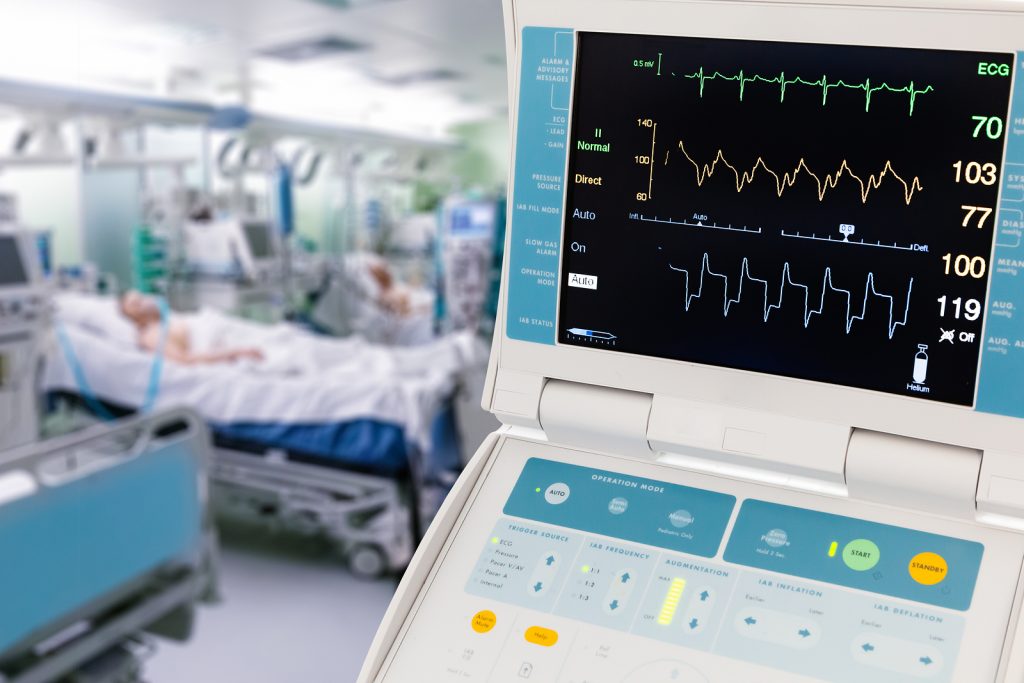A potentially life-saving medical device that was created with the assistance of a leading UK prototype specialist is set to undergo its first trials in hospitals in Norway, The Manufacturer reported.
It explained that the Evo System is designed to monitor the vital signs of hospital patients. It uses a relatively unobtrusive device that’s fitted behind the ear. This device transmits real-time data about the patient’s condition to medical staff, who can quickly intervene if they are seen to be worsening.
UK company Protolabs has been working on the latest prototype with Norway’s Moon Labs, the company that originally came up with the idea for the Evo System.
However, Moon Labs needed assistance to develop the biosensor in larger numbers to enable it to be rolled out in for pilot testing and clinical trials in Norway. This is where Protolabs was able to help.
Evo System devices can be made using injection moulding and are produced using medical-grade plastic. After the trial, which will take place in 2020, Moon Labs is hoping to receive CE marking, which will confirm the device’s safety and allow it to be rolled out more widely across hospitals in Europe.
One of the things that’s made the biggest difference to the progress Moon Lab has made on this project was winning the European Cool Idea Award, which was granted by Protolabs.
Moon Labs co-founder and product lead Tord Asnes told the news provider that this was a real breakthrough for his firm. “Developing new medical devices takes time and is highly regulated. Without the support of the European Cool Idea Award, the cost of funding this next stage of development could have been prohibitive for us,” he asserted.
Nils Kristian Skjaervold, medical director at Moon Labs, said that the aim of Evo System was to provide a relatively simple and cost-effective way for patients across a hospital to be monitored effectively.
“While those in intensive care are monitored regularly, we must not forget that those people in general care in the hospitals are also very ill people,” he stated.
The hope is that Evo System will alert medical staff if a patient’s condition suddenly begins deteriorating, allowing them to take action and hopefully save lives.
Last month, an article for Silicon UK highlighted some other innovations in the wearable healthcare device space.
One example the news provider cited was that of a wearable device to remotely monitor patients after they’re discharged from hospital. This particular device is worn on the upper arm and uses AI to analyse patient data. This, in turn, sends actionable insights to clinical staff.
In a trial at the Dartford and Gravesend NHS Trust Hospital, there was a 22 per cent reduction in the number of home visits after the devices were given to patients being discharged.
CIO at the hospital Neil Perry told the publication that, not only did the device, called Current, cut the number of home visits required, but it also caught problems earlier allowing medical staff to intervene and, in some cases, prevent readmission to hospital.
“The value of Current was demonstrated in our very first patient – a chronically unwell patient who suffered a decline in oxygen saturation, which Current detected sooner than standard care would have caught it, letting us intervene earlier and in the patient’s home,” Mr Perry said.
If you’re looking for help with medical device testing in the UK, get in touch with us today.

